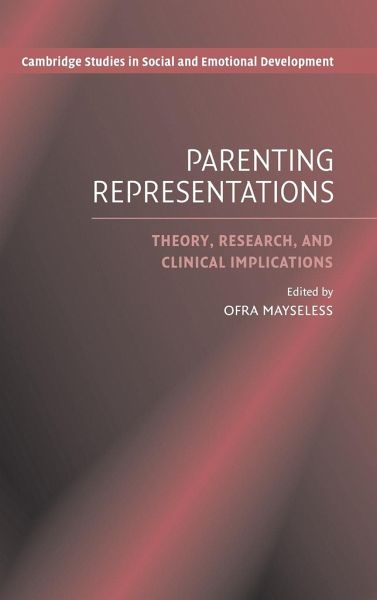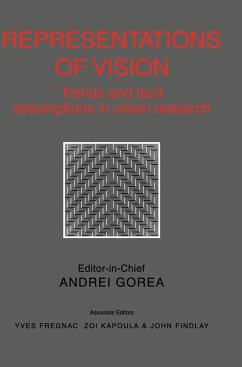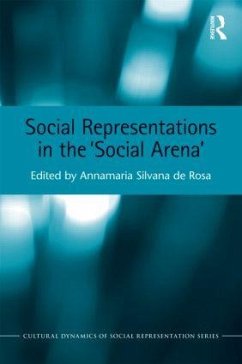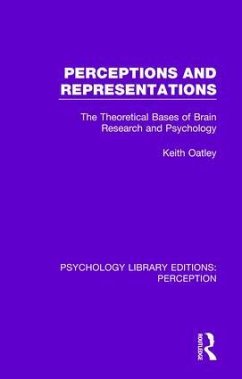
Parenting Representations

PAYBACK Punkte
73 °P sammeln!
This book summarizes and presents the new and surging literature on parenting representations namely parents' views, emotions and internal world regarding their parenting. The major conceptualizations and assessment methods in this area (mostly parenting interviews) are presented in detail and can therefore provide interested scholars and students accessibility to these measures. In addition a large section on clinical implications of this area provides new understanding and insights to readers who are interested in psychotherapy with parents. To date there isn't any book that summarizes and d...
This book summarizes and presents the new and surging literature on parenting representations namely parents' views, emotions and internal world regarding their parenting. The major conceptualizations and assessment methods in this area (mostly parenting interviews) are presented in detail and can therefore provide interested scholars and students accessibility to these measures. In addition a large section on clinical implications of this area provides new understanding and insights to readers who are interested in psychotherapy with parents. To date there isn't any book that summarizes and discusses this rapidly growing literature.














